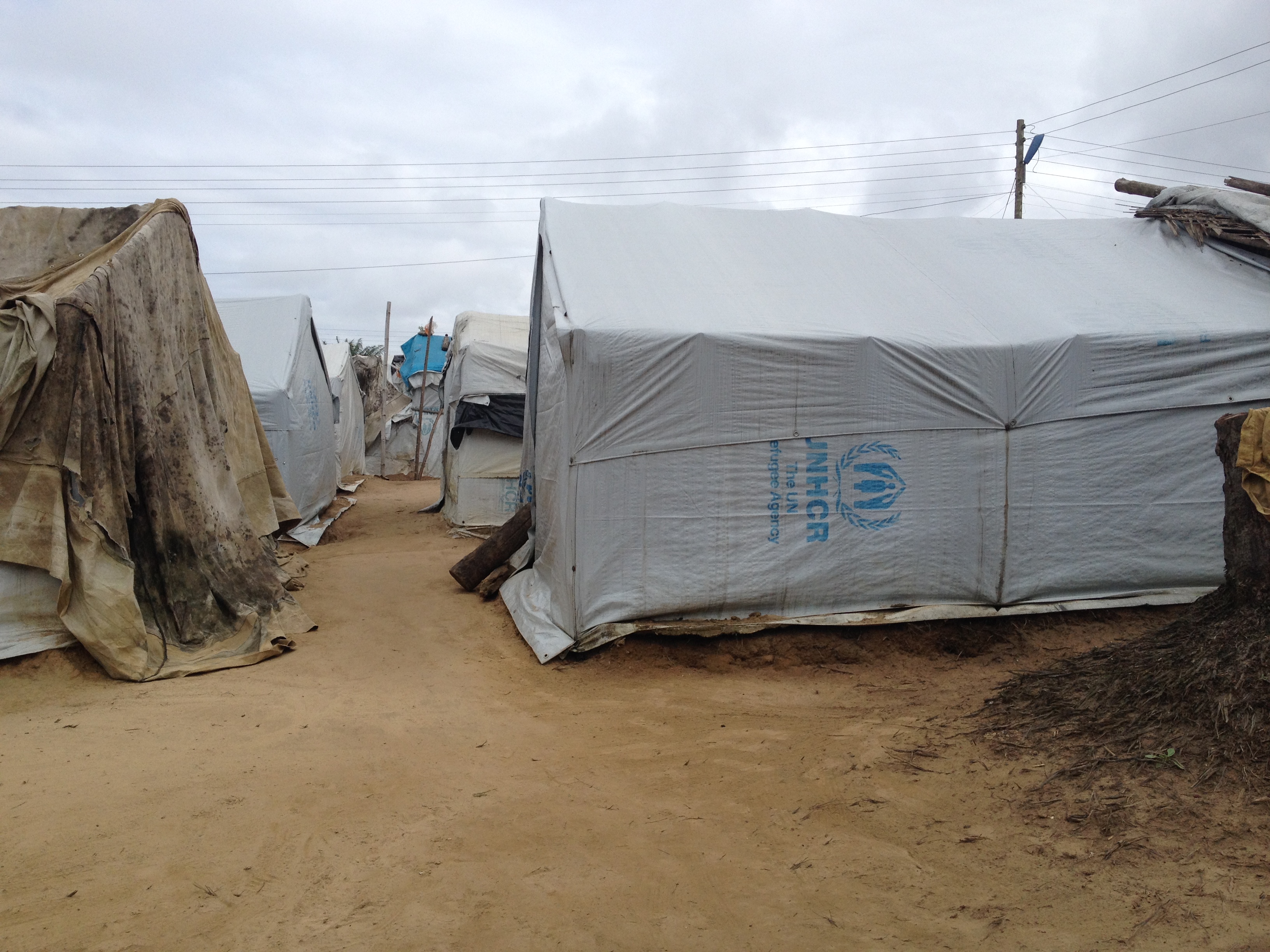By Alexandra Ike, Contributing Writer
In the summer of 2014, while I was at home in Ghana, I was given the opportunity to stay with close family friends who live in an Ivoirian refugee camp.
A refugee is defined by the 1951 Refugee Convention as someone who “owing to a well-founded fear of being persecuted for reasons of race, religion, nationality, membership of a particular social group or political opinion, is outside the country of his nationality, and is unable to, or owing to such fear, is unwilling to avail himself of the protection of that country.” The specific refugee camp that I stayed in was established on March 19, 2011 in the Western Region of Ghana. It was the first of three camps established to shelter displaced Ivoirians fleeing the hostilities following the November 2002 presidential elections, according to the United Nations High Commissioner for Refugees (UNHCR).
At my arrival at the Ampain Refugee Camp, my Ivoirian family met me at the gate with hugs and joy. Their youngest son, Stephen jumped into my arms and I automatically felt at home. The kids in the family all call me “tante” or auntie. I followed them through the dirt paths that were lined with hundreds of blue and white UNHCR tents that families called home. Each family is allotted one tent when they arrive. They are meant to be temporary but some have now been in the camp for four years and are still living in the same tent, slowly building them up with bamboo structures. The particular family that I was living with had four children and all six of them slept in the same small sleeping area, which I shared with them over the next two nights. We slept cuddled close together among harmful mosquitos — no protection was at hand, and I came down with malaria a couple weeks later. Each family is supposed to receive malaria-protected mosquito nets when they enter the camp, but with 2,000 people in one camp, the resources quickly become scarce. In reality, limited resources should never be an issue because, when is it ever for us?
In reality, limited resources should never be an issue because, when is it ever for us?

The will to survive is something that I find to be in all of us, but something that refugees have been forced to live out.
The community is close in the camp and the people protect and care for each other well. As we were walking, we talked about what she was learning in school and she expressed how much she loved learning about science. Hearing her talk about school made me think of her future and I desperately hope for a greater world for her outside this camp, and I know am not alone in this. Parents ache for the life they once had. One gentleman I spoke with said, “Please, tell people about our lives. It is important that people know so that people can help and we can return home.”
All of the parents I met in the camp hope for something more for their children. Most of these people were professionals in the Ivory Coast, holding positions such as teachers, nurses, store-owners, etc. The father of the family I stayed with was a professional in Yamoussoukro, the capital city of Ivory Coast, with a home and a car. He used to be in charge of the security guards of a neighborhood. When he fled because of the war, he left his family and job behind and crossed the border at night with only an I.D. card and a small amount of money. It is only once he had found a safer place that he brought his family back with him. Now, he finds small jobs around the camp and is trying to start up his own business, selling drinks at the camp. He, along with everyone else in the camp, does whatever they can to survive.

The will to survive is something that I find to be in all of us, but something that refugees have been forced to live out. Today, there are millions of refugees trying to do whatever they can to survive. Some have been living in camps for years, some are just arriving in camps, and others, like the ones coming into Europe today, are entering a completely unknown world and leaving behind everything they do know. It is so important that we make an effort to understand their reality. I am so thankful for organizations who are making practical steps to help refugees in their daily survival. Organizations like Samaritan’s Purse are doing just that. They are recognizing the reality that refugees are fighting for a better and more hopeful future and they are helping them achieve that.



